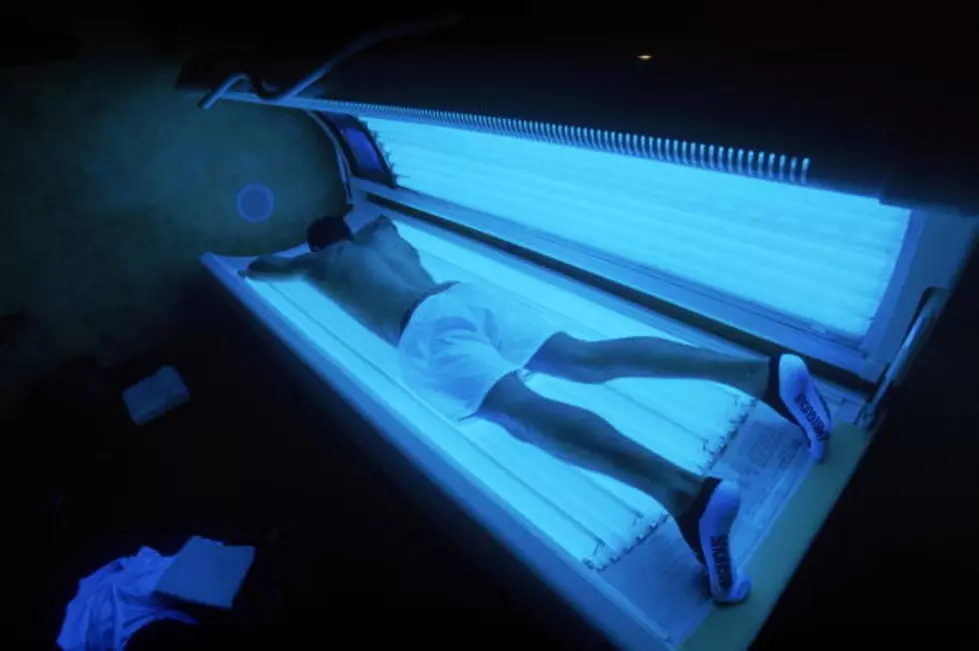
Is Your Sunscreen Lying To You – Probably So
If you live in Louisiana at sometime you are going to be out in the sun for an extended period of time. Maybe it will be at a little league baseball game, a festival or fair, or just mowing the grass. Regardless there will be a reason you will need sun protection at sometime.
We all remember to pack our sunscreen for the beach. How many of us actually put on sunscreen for our day to day or weekend activities? If we're honest with ourselves then we know we could better.
When we do use sunscreen are we actually getting the protection that we are promised on the label? A leading consumer watchdog group, Consumer Reports, found that in many cases sunscreens that offered protection of 50 SPF only gave skin a protection of 17 SPF. That could be a deadly miscalculation.
How do you know what sunscreen is right for you? Well you really don't, but we can offer some advice on choosing a sunscreen that is most likely to offer the SPF protection that is advertised. SPF stands for sun protection factor by the way.
We don't want to sound an alarm and say all sunscreens aren't doing the job as promised. A little over half of them, according to Consumer Reports, actually met their advertised SPF. That means there are a lot that didn't.
In choosing a sunscreen a chemical combination of ingredients worked significantly better than a mineral combination of ingredients. Mineral sunscreens are also referred to as physical sunscreens. However, a sunscreen that offered a combination of chemical and mineral ingredients did not work as well as just the chemical solutions.
Here is how the different sunscreens work. The chemical based sunscreens actually contain elements that absorb many of the sun's harmful rays. The mineral or physical sunscreens are designed to deflect the harmful rays of the sun.
No sunscreen can fully protect you from all of the harmful UVB and UVA rays of the sun. The American Academy of Dermatologists suggest you follow these guidelines. when choosing sun protection.
Your best bet in the sun is to stay covered with long sleeves or a beach cover up. There are also UV reducing shirts that are available at many department stores and specialty shops. Experts also suggest you limit your time in the sun and to stay indoors during the peak times of UV penetration. That usually is the middle of the day when the sun is directly overhead.
More From 97.3 The Dawg









